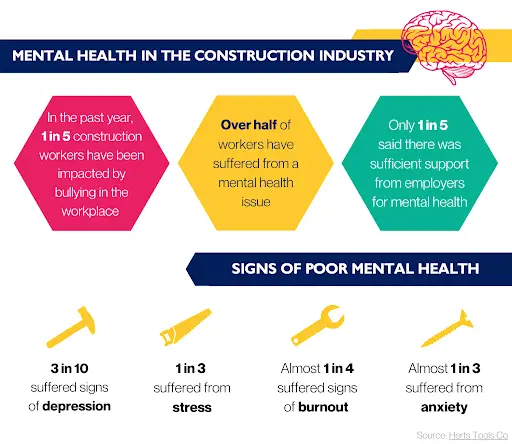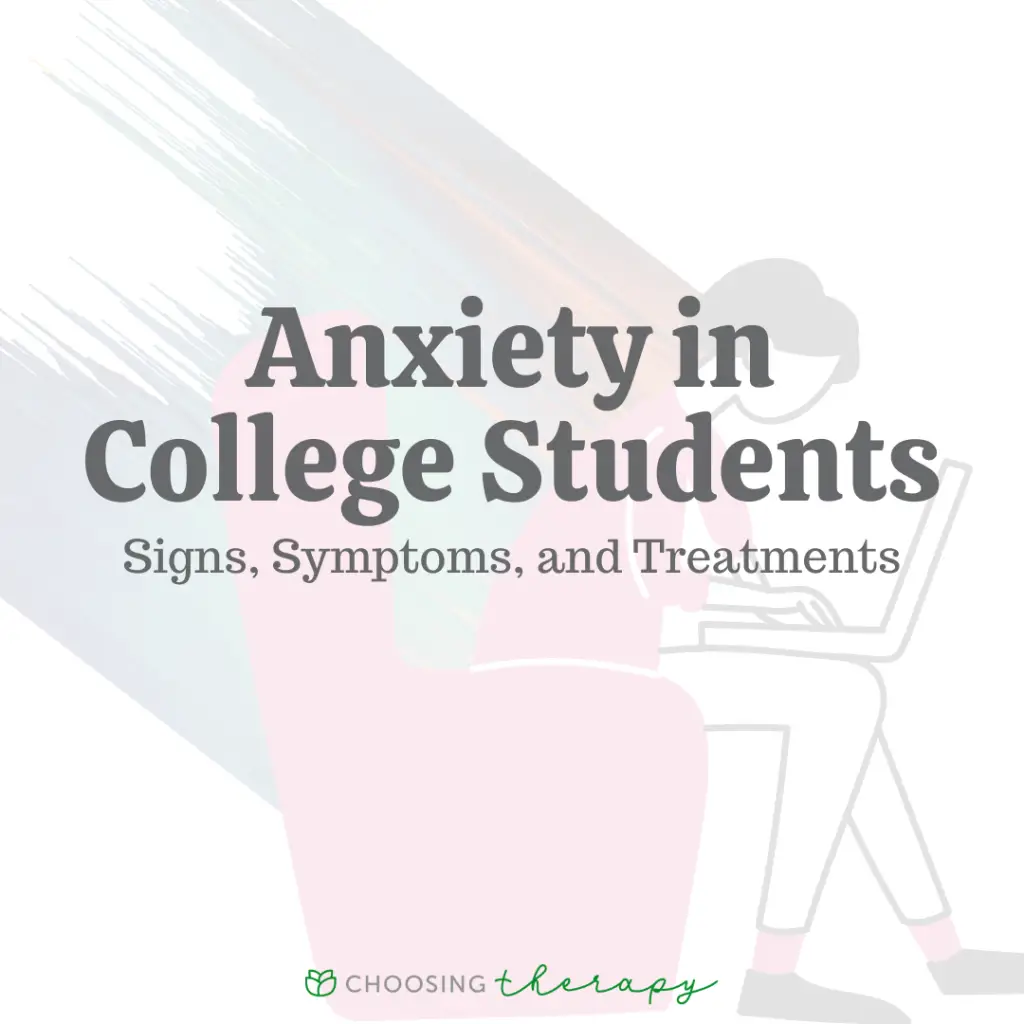In this article, we will discuss the impact of anxiety on teenagers and how it affects their daily lives. You will learn about the different types of anxiety disorders that can affect teens, such as generalized anxiety disorder and social anxiety disorder. We will also explore the symptoms and signs to look out for if you suspect a teenager may be struggling with anxiety. Lastly, we will discuss the treatment options available and provide tips for supporting teenagers with anxiety.
Understanding the Impact of Anxiety on Teenagers
Anxiety is a common mental health issue that affects people of all ages, including teenagers. As a teenager, you may experience feelings of worry, fear, and unease that can significantly impact your daily life. In this article, we will explore the signs and causes of anxiety in teenagers, as well as the effects it can have on your mental health, physical well-being, academic performance, social life, sleep patterns, and how therapy and counseling can help address this issue.

This image is property of suncolumbus.com.
Recognizing the Signs of Anxiety in Teenagers
Anxiety can manifest itself in various ways, and it’s essential to recognize the signs early on. As a teenager, you may find yourself constantly worrying about everyday situations, feeling restless or on edge, experiencing difficulty concentrating or sleeping, and displaying irritability or anger. Other common signs include avoiding particular situations, experiencing panic attacks, and having an overwhelming fear of particular objects or situations.
Understanding the Causes of Anxiety in Teenagers
Anxiety in teenagers can stem from various factors. One of the primary causes is genetic predisposition, meaning you may be more likely to develop anxiety if a family member also struggles with the disorder. Additionally, traumatic experiences such as bullying, abuse, or loss can contribute to the development of anxiety. Environmental factors such as school pressures, social expectations, and personal insecurities can also play a role.

This image is property of www.childrensomaha.org.
Effects of Anxiety on Teenagers’ Mental Health
The impact of anxiety on your mental health cannot be underestimated. Constant worry and fear can lead to feelings of sadness, hopelessness, and a diminished sense of self-worth. Anxiety can also exacerbate other mental health issues such as depression and eating disorders. Furthermore, anxiety may interfere with your ability to enjoy activities, concentrate in school, and maintain healthy relationships.
Physical Symptoms of Anxiety in Teenagers
Anxiety doesn’t just affect your mental well-being but can also take a toll on your physical health. Some common physical symptoms of anxiety in teenagers include rapid heart rate, shortness of breath, chest pain, stomachaches, headaches, dizziness, muscle tension, and fatigue. These symptoms can be distressing and may lead to a decrease in your overall quality of life.

This image is property of www.ascendhc.com.
Tackling Academic Challenges and Anxiety
As a teenager, you face numerous academic challenges, ranging from exams and presentations to peer pressure and high expectations. Anxiety can make it difficult to focus, retain information, and perform at your best academically. It’s crucial to communicate your struggles with teachers, parents, or school counselors who can provide support and accommodations to alleviate some of the pressure.
The Role of Social Media in Teenagers’ Anxiety
In today’s digital age, social media has become an integral part of teenagers’ lives. While it brings connectivity and access to information, it can also contribute to anxiety. Comparing oneself to others, cyberbullying, and the pressure to maintain a perfect online image can lead to heightened levels of anxiety. Limiting screen time and engaging in offline activities can help alleviate some of these anxieties.

This image is property of suncolumbus.com.
Anxiety and Teenage Relationships
Anxiety can significantly impact your relationships with peers, friends, and family members. Constant worry and fear may cause you to avoid social situations, isolate yourself, or have difficulty establishing meaningful connections. It’s important to communicate your feelings with trusted individuals and seek their understanding and support. Therapy or counseling can also provide you with valuable tools to navigate and improve your relationships.
Effects of Anxiety on Teenagers’ Sleep Patterns
Anxiety can disrupt your sleep patterns, leading to difficulties falling asleep, frequent nighttime awakenings, or nightmares. Lack of quality sleep can further exacerbate your anxiety symptoms, creating a cycle that is challenging to break. Establishing a consistent sleep routine, creating a calming bedtime environment, and practicing relaxation techniques can promote better sleep and reduce anxiety levels.

This image is property of ashevilleacademy.com.
Addressing Anxiety through Therapy and Counseling
If anxiety is significantly impacting your daily life, seeking professional help through therapy or counseling can be beneficial. Cognitive-behavioral therapy (CBT) is a common approach that focuses on identifying and challenging negative thought patterns and developing healthy coping strategies. Additionally, medication may be prescribed in severe cases to alleviate symptoms. Remember, reaching out for support is a sign of strength, and there are resources available to help you manage your anxiety.
Conclusion
Understanding the impact of anxiety on teenagers is crucial for both individuals experiencing anxiety and those around them. Anxiety can affect your mental health, physical well-being, academic performance, social life, and sleep patterns. However, by recognizing the signs, understanding the causes, and seeking appropriate support, you can overcome anxiety’s challenges and lead a fulfilling life. Remember, you are not alone, and there are resources and people who care about your well-being.


